“Have you ever read the Dice Man?” Ana asked.
Ana is my client. She is a woman in her mid-twenties just getting out of a passionate and tumultuous relationship. In the wake of the break-up she has been thinking about excitement and attraction vs stability and safety. Like most people, she wants both but has found it difficult to find the balance.
The Dice Man is a novel that was fashionable in the 1970s about a bored psychiatrist who begins making decisions based on the role of the dice. His method is to write out a list of options and then let the dice decide which one to take. Thus, he controls the parameters but the dice ultimately make the decision. The theory is that by listing options that you wouldn’t normally choose along with more conventional choices allows expression of parts of the personality that you usually doesn’t allow to see the light of day.
“Yeah, I read it,” I said.
“What did you think?”
“I’ve used the dice to determine what I do on a Saturday night, but I don’t recommend making major life decisions this way.”
“The Dice Man wasn’t reliable.”
“No, he wasn’t. He left his wife because the dice told him to.”
“I want someone who is reliable”.
“But you knew that [dude she broke up with] wasn’t reliable from the beginning.”
“Yeah, I know.”
“The thing is I don’t want to always have to be reliable. I mean I am reliable. I was brought up this way. But what if I don’t always want to be there for the other person?”
Ana was wrestling with seeing life in grays instead of in black and white. There are parts of her that crave safety and reliability in a man, and other parts that want passion and wildness. Similarly, there are parts of her that like to be reliable and others that want to be wild and unpredictable.
“The crazy thing,” she said, “is that I have been watching myself and I can change pretty drastically in the span of a few minutes. This morning I felt sad about the break-up for a while, but I didn’t fight it and it went away.”
“Sounds like you are judging yourself less.” A few weeks ago, I pointed out to Ana how often she said she shouldn’t feel how she was feeling. I suggested dropping the shoulds and experimenting with letting herself experience her feelings more.
“I think of it as letting go,” she said. “You know, today I had this experience with this girl I work with. She is someone who I have felt like a mentor to. I am a little bit older, and I have worked at the job longer. But now she got into law school which I have been thinking of applying to for a long time. And she got a date with this guy at work who I think is cute. I have been thinking about making a connection with him for a long time, but I just never did it.”
“How did that feel?” I hate this question, but sometimes it is appropriate.
“It’s funny. Normally, this would get me down. I would feel jealous. I would feel like I should have done what she did. But today it just struck me as kind of funny.”
“Funny?”
“Yeah, like I just didn’t take it so serious. She used to look up to me, and now life has us switching roles.
“The student has become the master.”
“Yeah.”
There had been a similar yet subtle shift in the roles between me and Ana. By accepting her experience and lightening up, she was teaching me to do the same. Learning from clients is one of the best parts of therapy, but it also brings up some anxiety about roles. Should I be accepting money from someone who is teaching me?
Feeling more like a chatty friend having a philosophical conversation than her therapist, I said, “Have you ever had the experience where you feel really attractive and cool and then later in the same day something happens and you feel like a loser?”
“Yeah. But I am feeling less hung up on it. And being the loser isn’t all bad. When I feel like a loser, I don’t experience so much pressure.”
“We can’t be winners all the time, and it is stressful to try to always be at the top.”
“No. And letting myself be both…it feels so more peaceful.”
